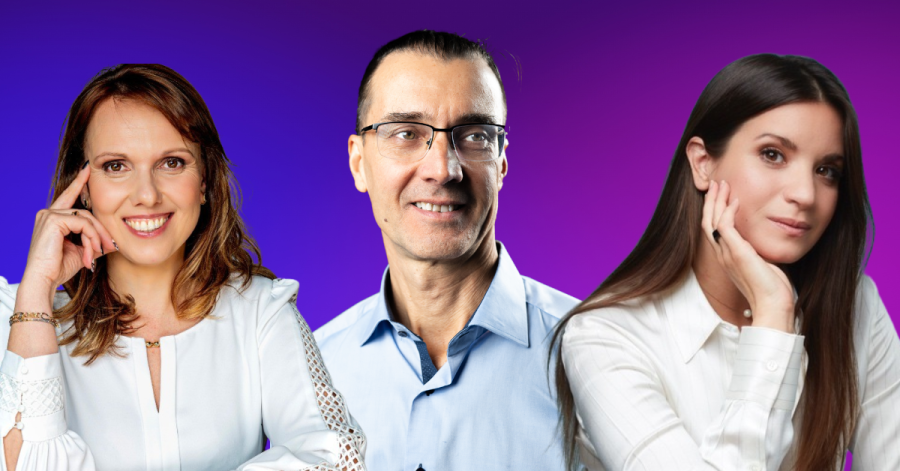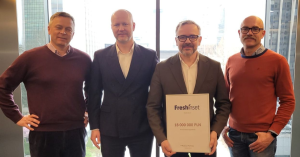The philosopher’s stone was thought to cure illnesses and prolong life, back in the Middle Ages to the end of the 17th century. The quest for the stone encouraged alchemists to examine in their laboratories numerous substances and their interactions. The quest thereby provided a body of knowledge that ultimately led to the sciences of chemistry, metallurgy, and pharmacology.
Back to our decade, the “quest” is not over. Through improved care practices and health technologies, there has been a rapidly expanding effort in recent years to develop drugs and mechanisms that target aging as a root cause of disease.
The human lifespan is predicted to increase in the next 30 years. A study by the University of Washington shows there is a 89% chance that someone will live to at least 126 years during the 21st century.
For quite some time , the term longevity has referred to a medical area of research as well as a segment for investments. Particularly in the US, specialized longevity funds have been established that primarily finance biotechnical startups. Some examples are the Longevity Vision Fund and the Longevity Fund.
In 2023, longevity-specific startups raised $126M in Europe, declining from the $366M the sector pulled in 2022, reports Sifted, in line with the overall slowdown in tech last year.
Nevertheless, this specific healthtech niche is at the forefroth of the search for increasing the life span, with a wide range of solutions to hack aging mechanisms, from cellular rejuvenation programming and gene therapy, to anti-aging drugs (also known as regenerative medicine), biomarkers, or cryopreservation.
Discover more about the future of longevity with four startups originating from the CEE! If you are or know other startups in this niche, let us know at [email protected].
GlycanAge
Founders: Gordan Lauc, Nikolina Lauc
Longevity-focused founders have long been working to replace the notion of chronological age with biological age.
Founded in 2020, GlycanAge is focused on measuring people’s biological aging by checking the blood for glycan, sugar molecules that surround and modify proteins in your body. With an at-home blood test, the company tests a sample to give users their biological age, as well as offering a video consultation to help users improve their health.
Croatian-rooted GlycanAge has developed proprietary technology for blood testing that analyzes your glycobiology in order to measure one’s biological age, but also chronic low grade systemic inflammation. The test can be taken by consumers at home, using 4 drops of blood, before sending it to the lab for analysis. In turn, results can be used to understand and advice on lifestyle changes that can improve one’s health.
EPIX.AI
Founder: Milena Georgieva
Anti-aging therapies primarily rely on epigenetic reprogramming, which involves identifying specific sets of transcription factors. These factors can alter gene expression and cellular behavior, effectively reversing or modifying age-related epigenetic markers.
Bulgarian-founded EPIX.AI, established in 2022, is a startup that deploys AI and ML algorithms to decode genetic triggers and organize, and utilize effectively the abundance of health data. The company aims to leverage biological data, genetics, and epigenetics to create personalized prevention protocols for age-related diseases to extend healthy lifespans.
Listen to the podcast episode with Milena!
Ani Biome
Founder: Nika Pintar, Bruno Balen
Established in 2022, Croatian Ani Biome specializes in microbiome health. Their platform aims to offer the users an assessment through non-invasive diagnostics. This includes daily inquiries covering mental, biological, and sociological health, along with tongue and skin scans, and information from wearable devices. Utilizing AI algorithms, it develops a personalized AgeBiotics monthly plan and produces metabolic micro beverages through fermentation.
Edamam
Founder: Victor Penev
Bulgarian-rooted Edamam provides nutrition solutions to businesses in the food, health and wellness sectors, leveraging its proprietary cloud-based, structured-data technology platform. The company aims to deliver value-added nutrition data in real time, optimizing client’s cost and efficiency.
Some of their customers include Nestle, Samsung, Epicurious, Gannett and The New York Times.








